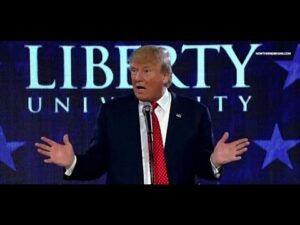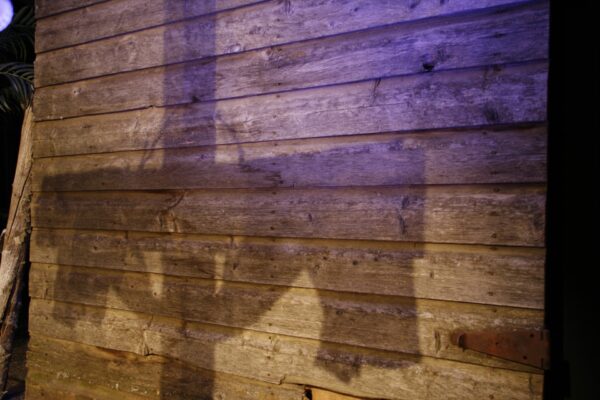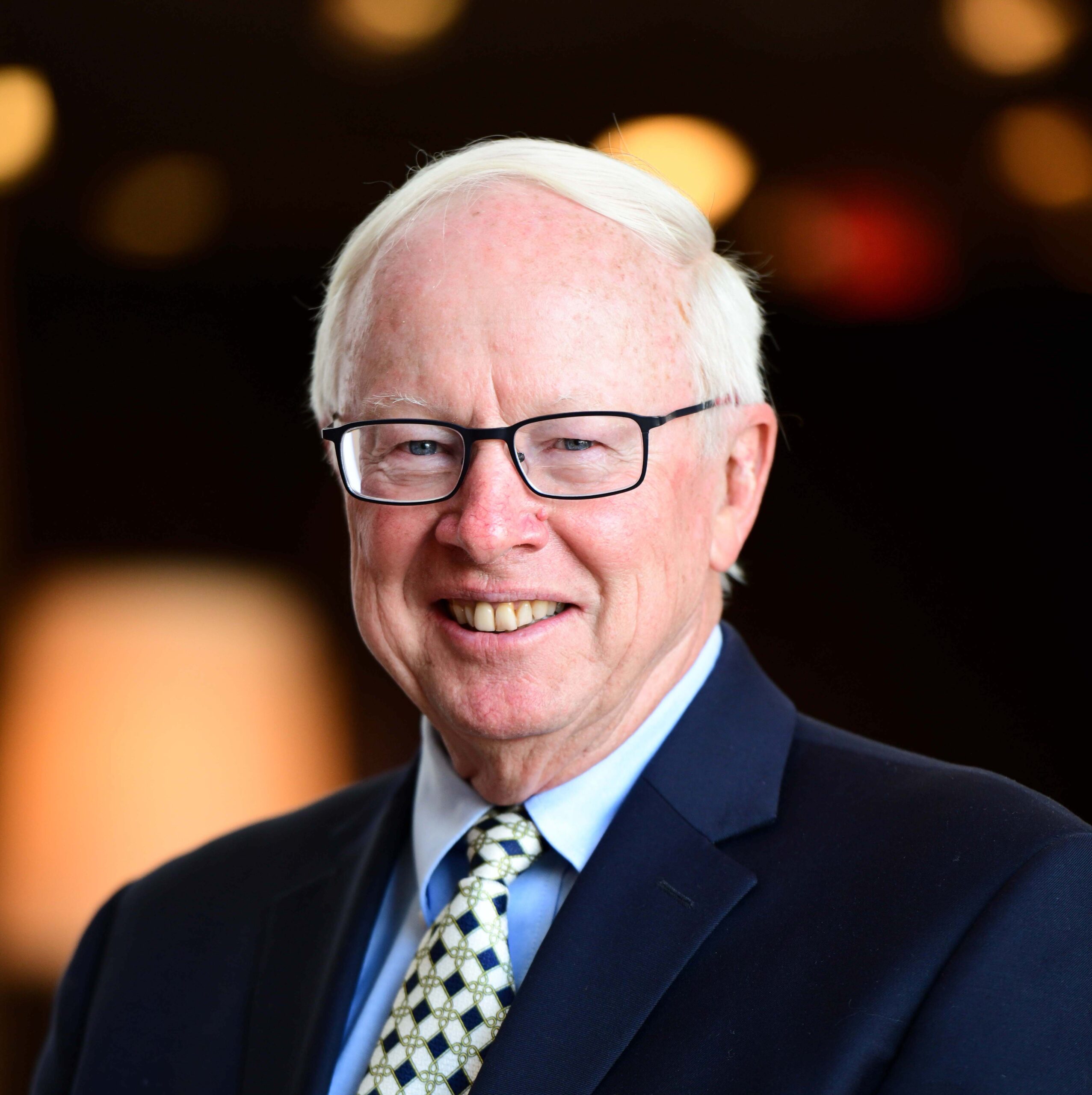Along with many other observers, I have been struggling to understand how nearly 80 percent of white evangelical Protestant voters can support Donald Trump, someone who has a dubious church-going record and a tattered moral history, especially related to family-values issues.
Indeed, the contortions that various evangelicals have gone through to justify their allegiance to Trumpism is amazing. For instance, Focus on the Family’s founder, James Dobson, dubbed him a “baby Christian.” Being “born again” wipes the slate clean, and Trump can now be embraced as one of them.
Trying to square Trump’s view of the world with evangelical theology is too mind-boggling for me. So let’s take another tack, which was illuminated recently in an article by New York Times columnist Thomas Friedman. He makes a distinction between “Wall People” and “Web People” in understanding the election.
Wall People attempt to quiet the winds of change by isolating themselves from everything that they believe is threatening to their way of life—immigrants, globalization, climate change and so on. In contrast, Web People embrace change and strive to work in a borderless world that acknowledges the technological innovations that are driving globalization and other challenges to the status quo.
Extending Friedman’s logic, we can call evangelical Trump supporters “Wall People.” They feel threatened by dramatic cultural shifts in the world around them, and rightly so.
The evangelical worldview is being challenged by, among other things, exponential gains in scientific knowledge—especially in cosmology. The notion that humans are a special creation of God got knocked off track with the Copernican revolution. But today—when new satellite imaging technologies enable us to look out into space and see that we are merely one small planet among billions of galaxies—it is quite reasonable to ask, “Where does God reside?”
Technology also challenges the idea that evangelicals are the only ones with insight into ultimate truth. In Friedman’s spin on globalization, the world is “flatter” today thanks to our ability to easily connect and exchange information across continents. Truth has been relativized the more we interact with people of other faiths, cultures and belief systems. Are they all really going to Hell?
 Like Friedman, I understand why one might want to wall oneself off from the winds of change. Globalization and technology can be threatening, both to one’s sense of community and also to one’s ability to provide for a family. These challenges are real and long-term.
Like Friedman, I understand why one might want to wall oneself off from the winds of change. Globalization and technology can be threatening, both to one’s sense of community and also to one’s ability to provide for a family. These challenges are real and long-term.
They make getting behind a “wall-builder” seem sensible for many evangelicals. If you are going to remain in a silo, it is a good idea to demonize Muslims and other people who don’t align with your faith. And why not deny science, especially if it threatens your coal-mining jobs or challenges your repudiation of evolution?
Then there are the Web Christians. Of course, I am not implying that Wall evangelicals do not use the Internet. Actually, they are extremely sophisticated in propagating their gospel through the Web, as well as sharing music, sermons and various religious products through digital media.
For Friedman, Web People do not build walls to try to keep globalization, technology or climate change at bay. Christians in this group allow science to inform their religion. They do not operate out of a fear-based mentality; instead, they are constantly evolving in their understanding of spirituality. They partner with people of other faiths, building bridges across religious traditions as they work together for justice, equality and peace.
It’s notable that some high-profile evangelicals, such as Jim Wallis, have resisted Trumpism, and more than a fifth of Protestant evangelicals are not voting for Trump. The number rises if you consider non-white evangelicals, and as my colleague Andrew Johnson points out, not all evangelicals are white these days. It’s also important to note that Catholics, another significant voting block, are not embracing Trump in the same numbers as evangelicals.
Hillary Clinton’s talk of her own faith and her pick of Tim Kaine as her vice presidential running mate could be seen as an effort to appeal to Web Christians, especially those in the Republican Party, as well as libertarian-leaning religious “nones.”
In the final analysis, simplistic typologies such as Wall People and Web People rarely capture nuanced developments, and this is particularly true when it comes to religion. Still, it’s useful to see how Trump’s central imperative—“Make America Great Again”—evokes feelings of nostalgia, loss and anger that deeply resonate with a voting block that reached its apex of cultural and political influence during the Reagan era and have seen their dominance slowly but steadily erode over the past three decades.
So even if Trump’s lifestyle doesn’t accurately reflect the faith of white evangelicals, his rhetoric does echo the fears of those who prefer walls over webs. That’s probably enough to ensure wall evangelicals’ loyalty to Trump in the voting both. Whether that loyalty will turn out to have been misplaced is another question altogether.
Donald E. Miller is the co-founder of the USC Center for Religion and Civic Culture.





